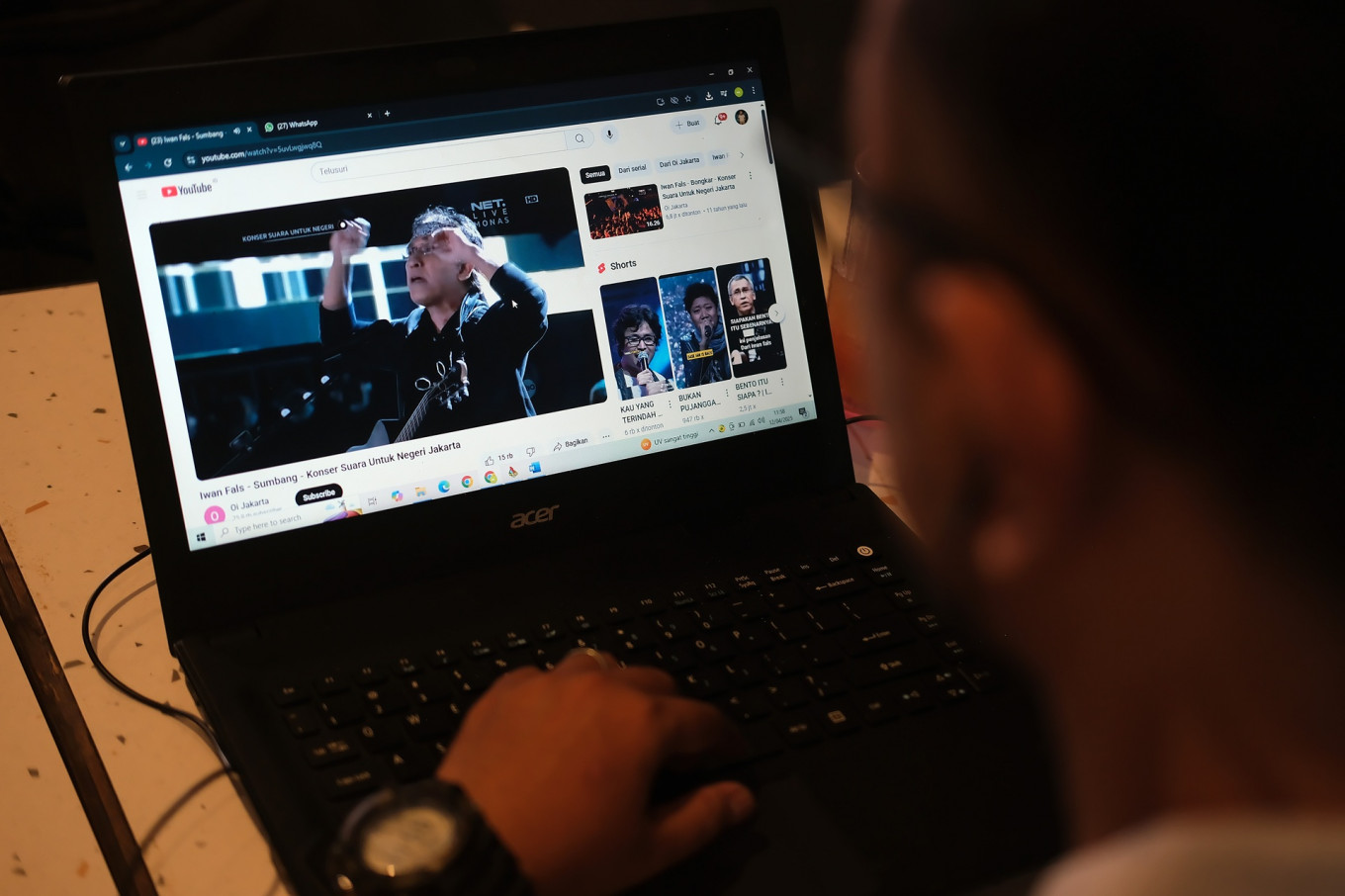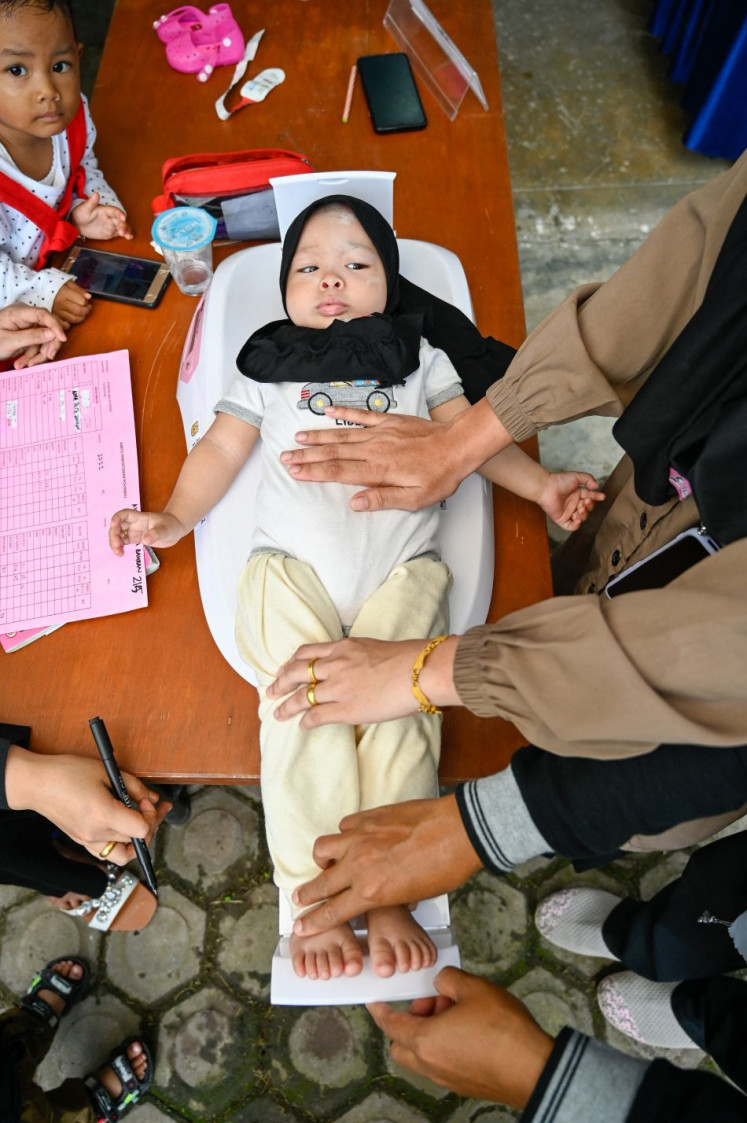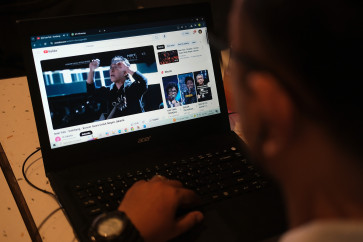Popular Reads
Top Results
Can't find what you're looking for?
View all search resultsPopular Reads
Top Results
Can't find what you're looking for?
View all search resultsSocial media and the quiet return of imperialism
What looks like “freedom of speech” on social media becomes ranking of speech, meaning what is said depends on what spreads.
Change text size
Gift Premium Articles
to Anyone
Social media has not just changed how Indonesians communicate. It has changed what they imitate.
A kid or a teenager or an adult now spends hours online consuming values, scripts and ideas uploaded from somewhere else. What spreads is not neutral, and what is left behind is not random.
Social media was supposed to make the world more open. Everyone gets a voice. But that is not the case. What rises to the top is not what matters, it is what performs. And what performs is decided by systems built in Silicon Valley.
What spreads is shaped for performance, tuned for speed, repetition and emotional reaction. It rewards what is easy to consume, not what is true. Over time, people adjust. Even those who disagree start playing along
Local buzzers, paid influencers, networked trolls, did not invent the system. But they have mastered it. The platform does not care about their intent. It cares about engagement. So they learn to provoke, polarize and repeat.
They are not promoting Western values. They are responding to Western-coded algorithms. And not all voices compete equally. Some sink before they are seen, while some others never fit the format.
Was this the promise of democracy? It is supposed to offer voice, participation and accountability. But what the platforms deliver is something else.



















